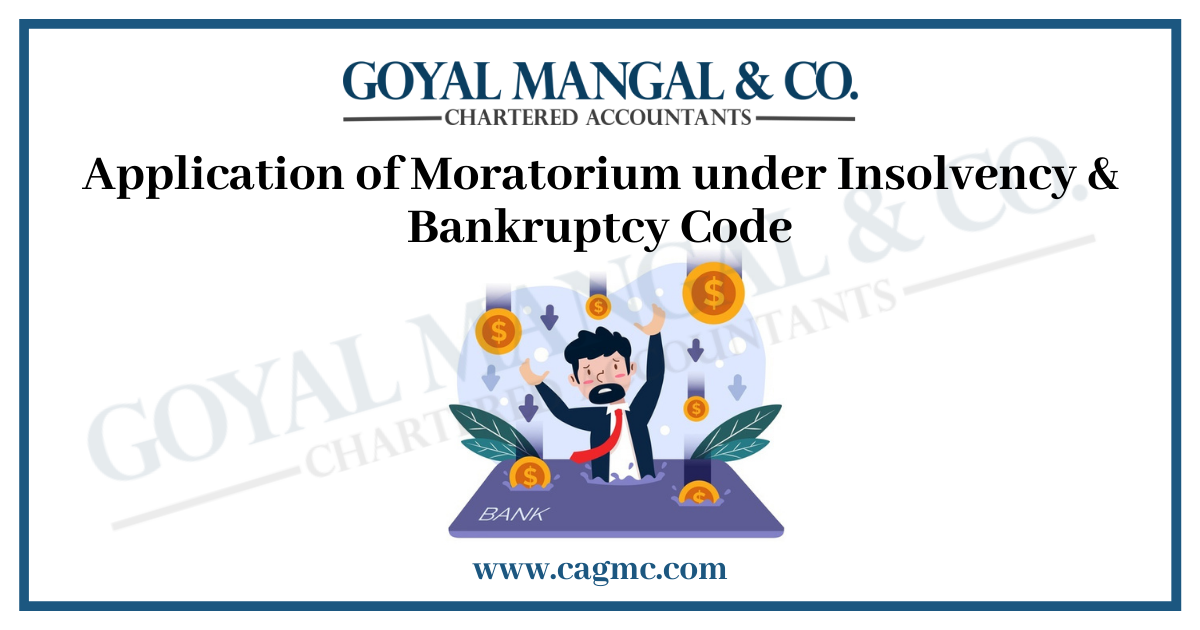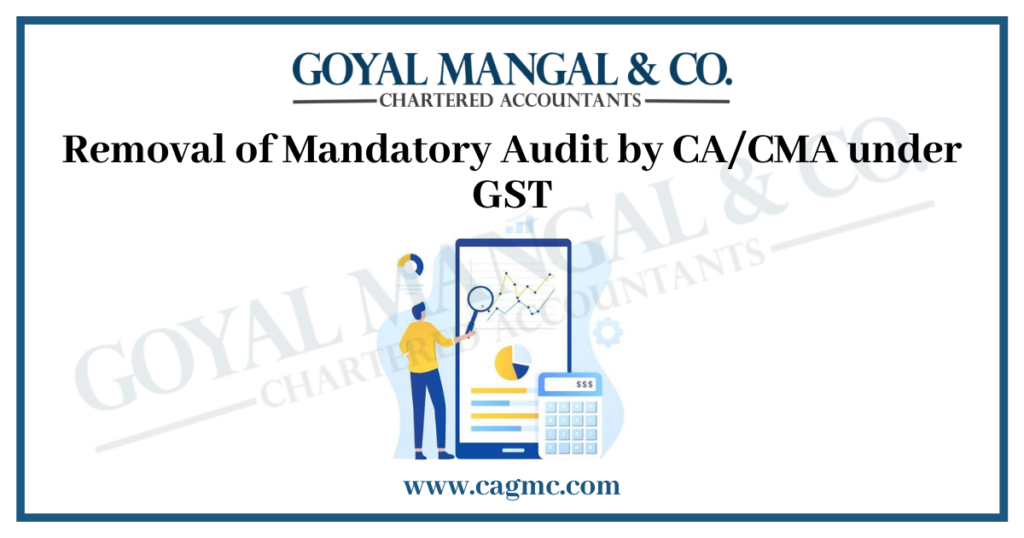
According to the Oxford Dictionary, a moratorium is “a legal authorization given to debtors to postpone payment.” In contexts of the Insolvency and Bankruptcy Code, 2016 (‘IBC’), a moratorium is a timeframe during which no legal procedures for recovery, enforcement of security interests, sale or transfer of assets, or termination of essential contracts could be initiated or persisted against the Corporate Debtor.
| Table of Contents |
Commencement of Moratorium
The moratorium, as envisioned by the Insolvency and Bankruptcy Code, takes effect immediately after the adjudicating authority accepts the application under section 7, 9, or 10 of the Code, as the case may be. The ‘Insolvency Commencement Date’ is the day the insolvency application is admitted and the moratorium is imposed.
Moratorium’s Objective
In terms of the Insolvency and Bankruptcy Code, 2016 (‘IBC’), a moratorium is a period during which no legal procedures for recovery, enforcement of security interests, sale or transfer of assets, or termination of essential contracts against the Corporate Debtor can be instituted or continued.
Scope of Moratorium under Section 14 of the IBC
- In determining the scope of the moratorium provision under Section 14 of the IBC, the Supreme Court examines the language of the provision, concluding that the provision’s scope is very broad, as it includes the institution, continuation, judgement, and execution of suits and proceedings within its ambit.
- Furthermore, the expressions ‘any judgement, decree, or order’ and ‘any court of law, tribunal, arbitration panel, or other authority’ shed light on the breadth of the term ‘proceedings. Because criminal proceedings under the 1973 Code of Criminal Procedure (“CRPC”) are heard in the courts specified in the CRPC.
- Because criminal proceedings under the Code of Criminal Procedure, 1973 (“CRPC”) are conducted before the courts specified in the CRPC, it is obvious that a Section 138 proceeding before a Magistrate would unquestionably be a proceeding in a court of law in respect of a transaction relating to a debt owed by the corporate debtor.
Judgments Aid In the Understanding of Section 14(1)(a)
In Sanjeev Shirya’s case lenders initiated proceedings before the Debt Recovery Tribunal (“DRT”), including guarantors as parties. While the DRT proceedings were pending, the corporate debtor (“LML”) voluntarily filed an application with the National Company Law Tribunal (“NCLT”) for the initiation of the corporate insolvency resolution process, and an order declaring moratorium under Section 14 of the Code was issued. LML and the guarantors immediately petitioned the DRT for a stay of proceedings. Although a stay in favour of LML was granted, a stay in favour of the guarantors was denied, prompting the guarantors to file a Writ Petition with the Allahabad High Court. The guarantors were successful in their case, according to the Allahabad High Court.
Although section 14 covers the initiation and continuation of any proceedings, the NCLAT has expressly stated in its decision in Canara Bank v. Deccan Chronicle Holdings Limited [2] that the moratorium will not affect any proceedings initiated or pending before the Supreme Court under Article 32 of the Constitution of India or where an order is issued under Article 136 of the Constitution of India. The NCLAT also concluded that the moratorium will have no effect on any High Court’s powers under Article 226 of the Indian Constitution.
With the implementation of the Code, the Sick Industrial Companies Act of 1958 (“SICA”) was also repealed. Under Section 22 of the SICA, the institution or continuation of suits or legal proceedings against a sick company was subject to the Board for Industrial and Financial Reconstruction (“BIFR”) granting liberty (the Adjudicating Authority under SICA). Section 14 of the Code contains no such provision for gaining freedom.
Final Words
Section 14 of the Code’s language is also broad enough to encompass legal proceedings of any kind. The legislature’s intent in section 14(1)(a) is to ensure that there is a period after the declaration of moratorium during which creditors cannot resort to individual enforcement action, which would defeat the purpose of the corporate insolvency resolution process. It will be interesting to see if future judicial pronouncements carve out any exceptions for specific legal proceedings from the applicability of section 14(1)(a) of the Code, as in the case of Canara Bank vs DCHL.
In the case of Shah Brothers Ispat, A two-member bench of Justice S.J. Mukhopadhaya, Chairperson, and Justice Bansi Lal Bhat, Member (Judicial), allowed an appeal filed against an order of the National Company Law Tribunal, Chennai, directing the appellant to withdraw the complaint case filed under Section 138 of the Negotiable Instruments Act, 1881.
Following the initiation of the Corporate Insolvency Resolution Process and the order of moratorium, the appellant filed a complaint case under Section 138 against the defendants before the Metropolitan Magistrate. The respondents-Directors petitioned the NCLT, which ordered the appellants to withdraw the case, treating it as a proceeding filed after the moratorium order, with the observation that such action amounted to abuse of power. As a result, the appellant filed a complaint with the Appellate Tribunal.
It is worth noting that Section 14 of the Insolvency and Bankruptcy Code, 2016 forbids any proceeding, judgement, or decree of money claim against the corporate debtor after the order of moratorium is issued on the insolvency commencement date. The Appellate Tribunal noted that Section 138 is a penal provision, and the imposition of a fine cannot be construed as a money claim or recovery against the Corporate Debtor. As a result, Section 14 I&B Code does not apply to the aforementioned section. In fact, the section does not apply to any criminal proceedings. The NCLT was found to have failed to understand the law, and thus the contested order was overturned.


